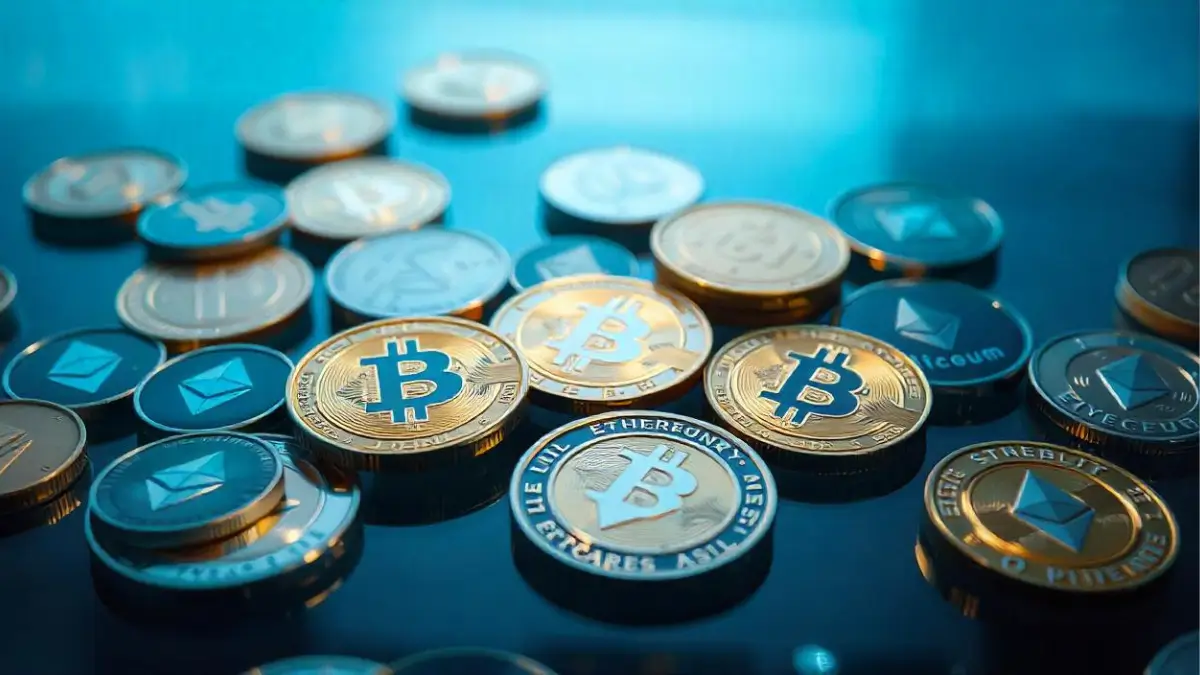Bitcoin Rally Linked to Global Bond Market Stress, Says Analyst
27.05.2025 15:00 1 min. read Alexander Stefanov
Bitcoin’s recent upward momentum is drawing attention once again, with analysts debating the forces behind its ongoing strength.
While the asset is currently trading near $109,000, the broader narrative points beyond just price action.
According to André Dragosch, Head of European Research at Bitwise, the surge is less about hype and more about shifting dynamics in traditional finance—specifically in Japan’s bond market.
He points to a record 3.185% yield on 30-year Japanese government bonds as of May 20, signaling deepening investor anxiety about fiscal stability.
“Bonds are supposed to be safe, but when yields spike like this, it’s a warning sign,” Dragosch explained. “Investors begin to question a country’s ability to manage its debt. That’s when Bitcoin, with no counterparty or sovereign ties, starts to look attractive.”
While some speculate that geopolitical moves—like recent ceasefire talks between Russia and Ukraine—may have also contributed to positive sentiment, Dragosch sees Bitcoin’s role as a hedge against sovereign risk gaining serious traction.
If fears around government debt sustainability continue to spread beyond Japan, he believes Bitcoin’s appeal could grow significantly—potentially pushing its price toward the $200,000 mark in the long run.
-
1
Will Musk Double Down on Bitcoin as U.S. Debt Soars?
04.06.2025 12:00 2 min. read -
2
Crypto Trader Faces $100 Million Loss on Bitcoin Bet
30.05.2025 22:00 2 min. read -
3
Chinese Think Tank Calls Bitcoin a Strategic Reserve Asset
31.05.2025 14:00 1 min. read -
4
Bitcoin Rally Linked to Global Bond Market Stress, Says Analyst
27.05.2025 15:00 1 min. read -
5
Bitcoin Rally Cools After Hitting $111K, Analysts Eye $95K as Key Support
28.05.2025 14:00 1 min. read
Bitcoin Power Struggle: Strategy and BlackRock Now Control Over 1.3 Million BTC
A fierce contest is unfolding between two financial heavyweights—Strategy (formerly MicroStrategy) and BlackRock—as they battle for dominance over institutional Bitcoin holdings.
Bank of America Compares Bitcoin to History’s Most Disruptive Inventions
Bitcoin belongs in the same league as the printing press and the Model T, according to a new research note from Bank of America.
Bitcoin Still on El Salvador’s Agenda Despite $1.4B IMF Agreement
El Salvador is still buying Bitcoin in spite of a $1.4 billion International Monetary Fund package that was meant to curb further government accumulation.
Metaplanet Surpasses Coinbase with 10,000 Bitcoin in Treasury
Metaplanet has become the world’s seventh-largest corporate owner of Bitcoin after adding another 1,112 coins to its treasury on Monday.
-
1
Will Musk Double Down on Bitcoin as U.S. Debt Soars?
04.06.2025 12:00 2 min. read -
2
Crypto Trader Faces $100 Million Loss on Bitcoin Bet
30.05.2025 22:00 2 min. read -
3
Chinese Think Tank Calls Bitcoin a Strategic Reserve Asset
31.05.2025 14:00 1 min. read -
4
Bitcoin Rally Linked to Global Bond Market Stress, Says Analyst
27.05.2025 15:00 1 min. read -
5
Bitcoin Rally Cools After Hitting $111K, Analysts Eye $95K as Key Support
28.05.2025 14:00 1 min. read


